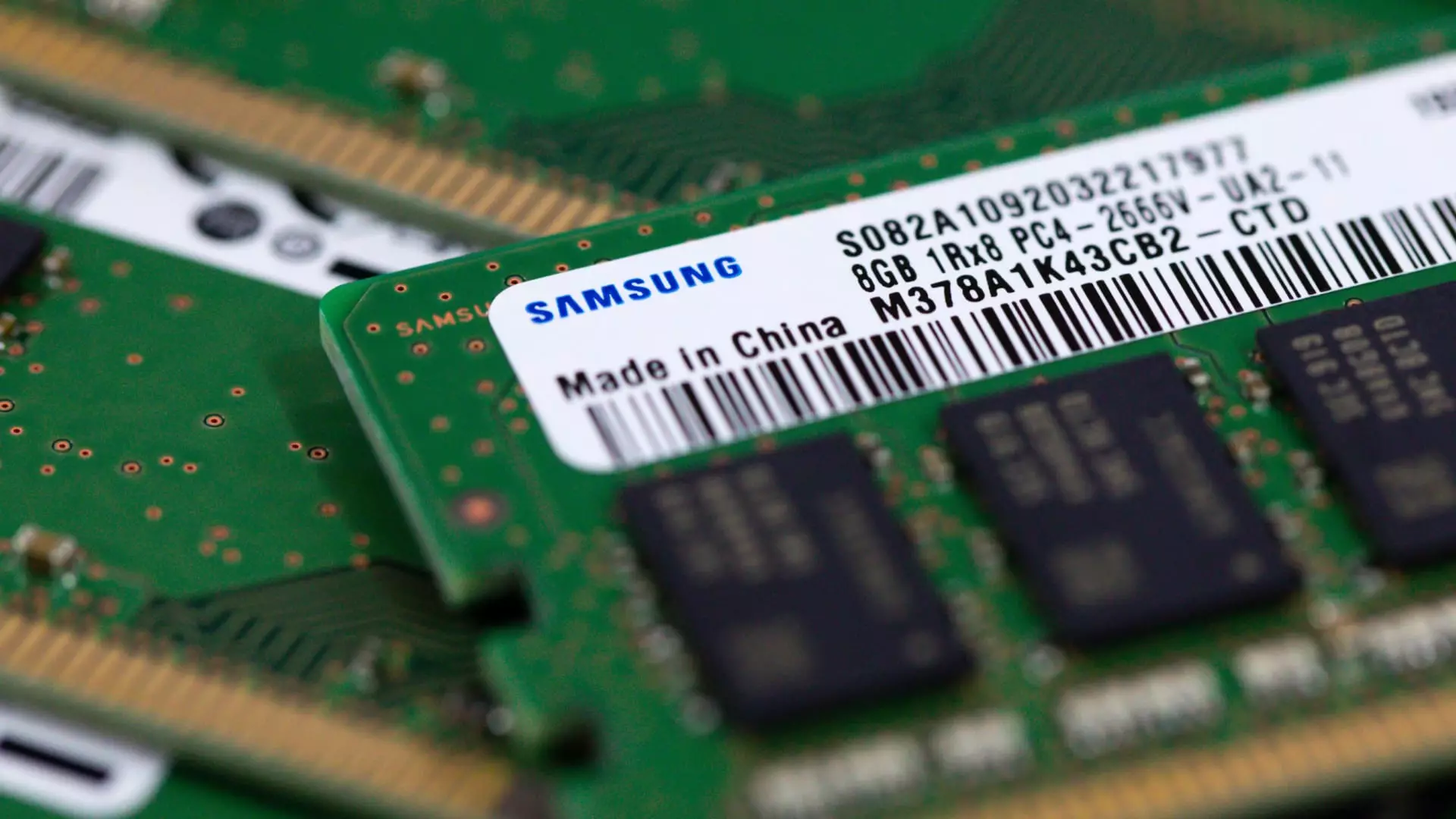The tech and chip-related stocks in Asia experienced a significant decline following Nvidia’s second-quarter results. Specifically, South Korean chipmakers such as SK Hynix and Samsung Electronics were heavily affected by the news. SK Hynix, a manufacturer of high bandwidth memory chips used in AI applications for Nvidia, saw its shares plummet by as much as 6.74%. Similarly, Samsung Electronics, the highest weighted stock on South Korea’s benchmark stock index, Kospi, fell by 3.8%. While the full extent of Samsung’s supplier relationship with Nvidia is not completely known, there are expectations that the company is involved in manufacturing HBM chips for some Nvidia products.
The impact of Nvidia’s results was not limited to South Korean stocks, as other Asian tech stocks also experienced losses. Taiwanese companies such as Taiwan Semiconductor Manufacturing Company and Hon Hai Precision Industry, known as Foxconn, saw declines of up to 2.8% and 2.96%, respectively. Japanese semiconductor-related stocks like Renesas, Advantest, and Tokyo Electron fell by as much as 3.2%, 3.6%, and 3.49% respectively. Chinese chipmakers listed in Hong Kong also saw a drop in their stocks, despite being less directly linked to Nvidia. Companies like SMIC and Hua Hong Semiconductor experienced losses of 1.4% and 1.66% respectively.
While Nvidia beat quarterly revenue and earnings per share estimates, the market reaction to its results was mixed. Luke Rahbari, the CEO of Equity Armor Investments, pointed out that while the results were strong, there were concerns about the company’s ability to sustain its growth momentum in the current quarter. However, he remains optimistic about Nvidia’s long-term prospects, emphasizing the company’s dominant position in the industry. The decline in Nvidia’s gross margin from 78.4% to 75.1% also raised some eyebrows, as it fell below analysts’ estimates of 76.4%.
Mark Lushcini, the chief investment strategist at Janney Montgomery Scott, dismissed the decline in Nvidia shares as a mere “rounding error,” attributing it to the company’s significant growth earlier in the year. Despite the slowing pace of growth in recent quarters, Nvidia’s stock had still risen by about 150% year-to-date. Lushcini acknowledged that while the company’s growth rate may be moderating, Nvidia’s overall performance remains strong. The industry will be keeping a close eye on Nvidia’s future earnings reports to gauge its ongoing success and growth trajectory.
Nvidia’s second-quarter results had a notable impact on tech and chip-related stocks in Asia, with South Korean companies bearing the brunt of the losses. While the market reaction was mixed, analysts and investors remain cautiously optimistic about Nvidia’s long-term prospects. The coming months will be crucial in determining whether Nvidia can maintain its position as a leader in the tech industry and continue to deliver value to its shareholders.


Leave a Reply